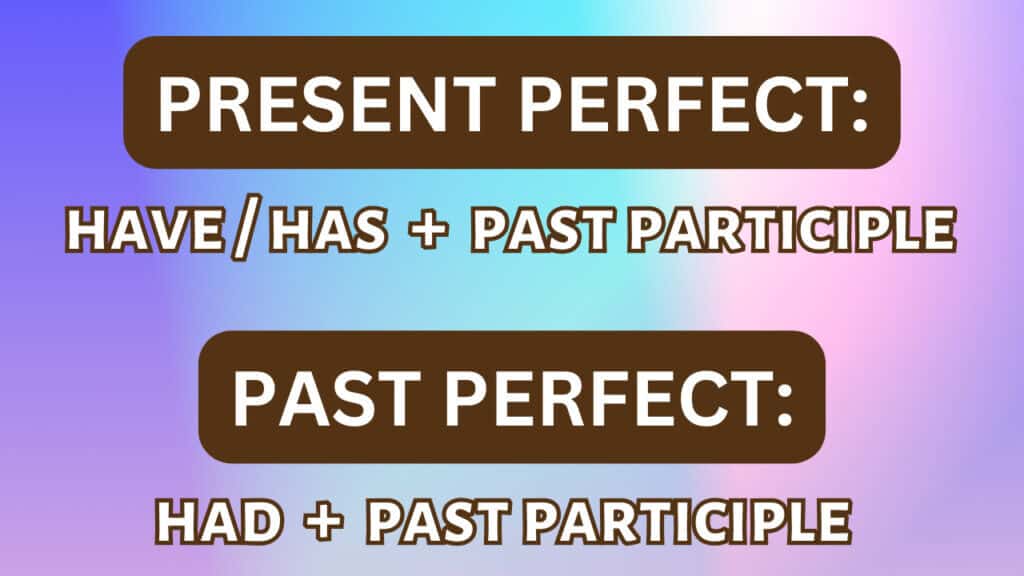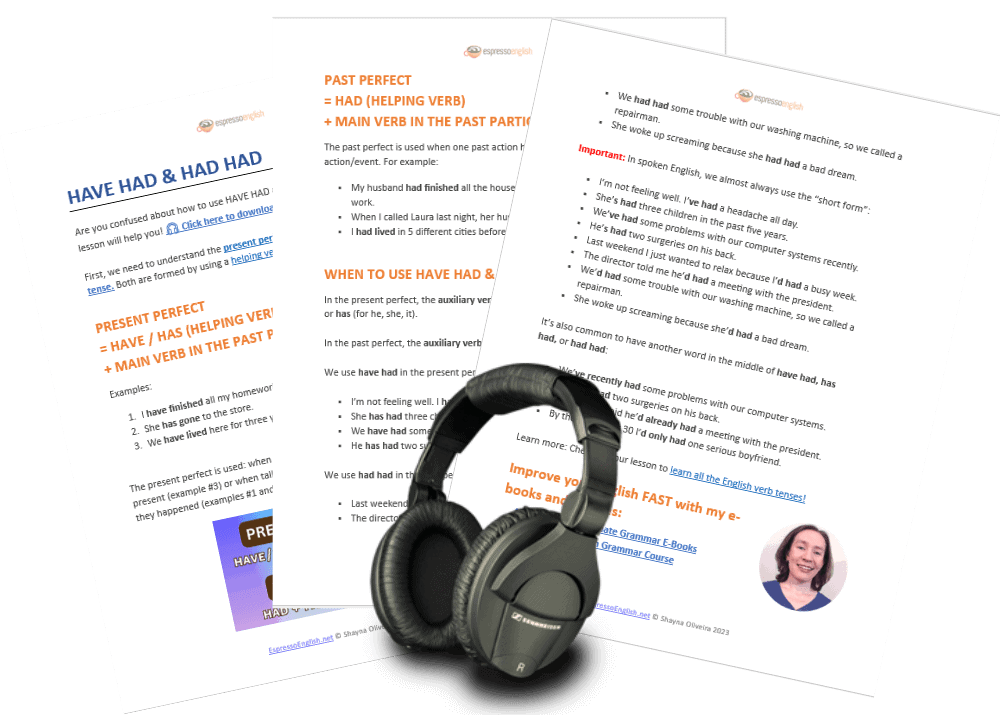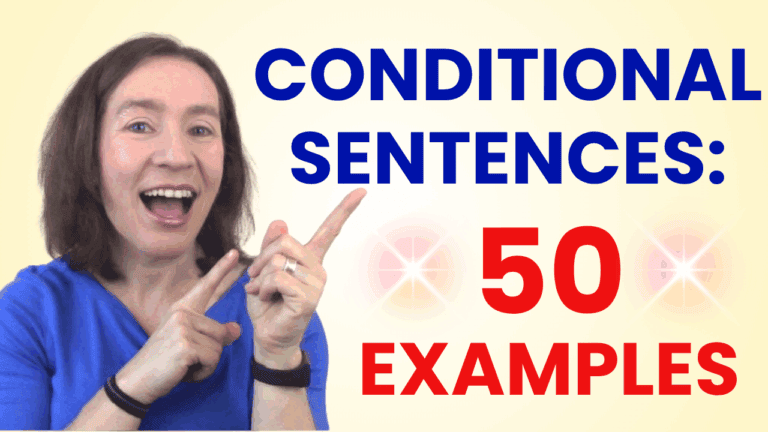
Advanced English Grammar Course
Are you confused about how to use HAVE HAD and HAD HAD in English? Today’s lesson will help you! First, we need to understand the present perfect tense and past perfect tense. Both of these tenses are formed by using an auxiliary verb + main verb:
Present perfect
= have / has (helping verb) + main verb (past participle)
Examples:
- I have finished all my homework.
- She has gone to the store.
- We have lived here for three years.
The present perfect is used when an action starts in the past and continues to the present (example #3) or when talking about past actions WITHOUT saying when they happened (examples #1 and #2).
Past perfect
= had (helping verb) + main verb (past participle)
Examples:
- My husband had finished all the housework by the time I got home from work.
- When I called Laura last night, her husband told me she had gone out.
- I had lived in 5 different cities before I turned 10 years old.
The past perfect is used when one past action happens before another past action/event.

When to use HAVE HAD & HAD HAD
In the present perfect, the auxiliary verb is always have (for I, you, we, they) or has (for he, she, it).
In the past perfect, the auxiliary verb is always had.
We use have had in the present perfect when the main verb is also “have”:
- I’m not feeling well. I have had a headache all day.
- She has had three children in the past five years.
- We have had some problems with our computer systems recently.
- He has had two surgeries on his back.
We use had had in the past perfect when the main verb is also “have”:
- Last weekend I just wanted to relax because I had had a busy week.
- The director told me he had had a meeting with the president.
- We had had some trouble with our washing machine, so we called a repairman.
- She woke up screaming because she had had a bad dream.
Important: In spoken English, we almost always use the “short form”:
- I’m not feeling well. I’ve had a headache all day.
- She’s had three children in the past five years.
- We’ve had some problems with our computer systems recently.
- He’s had two surgeries on his back.
- Last weekend I just wanted to relax because I’d had a busy week.
- The director told me he’d had a meeting with the president.
- We’d had some trouble with our washing machine, so we called a repairman.
- She woke up screaming because she’d had a bad dream.
It’s also common to have another word in the middle of have had, has had, or had had:
- We’ve recently had some problems with our computer systems.
- He’s just had two surgeries on his back
- The director said he’d already had a meeting with the president.
- By the time I was 30 I’d only had one serious boyfriend.
Check out our lesson to learn all the English verb tenses!










